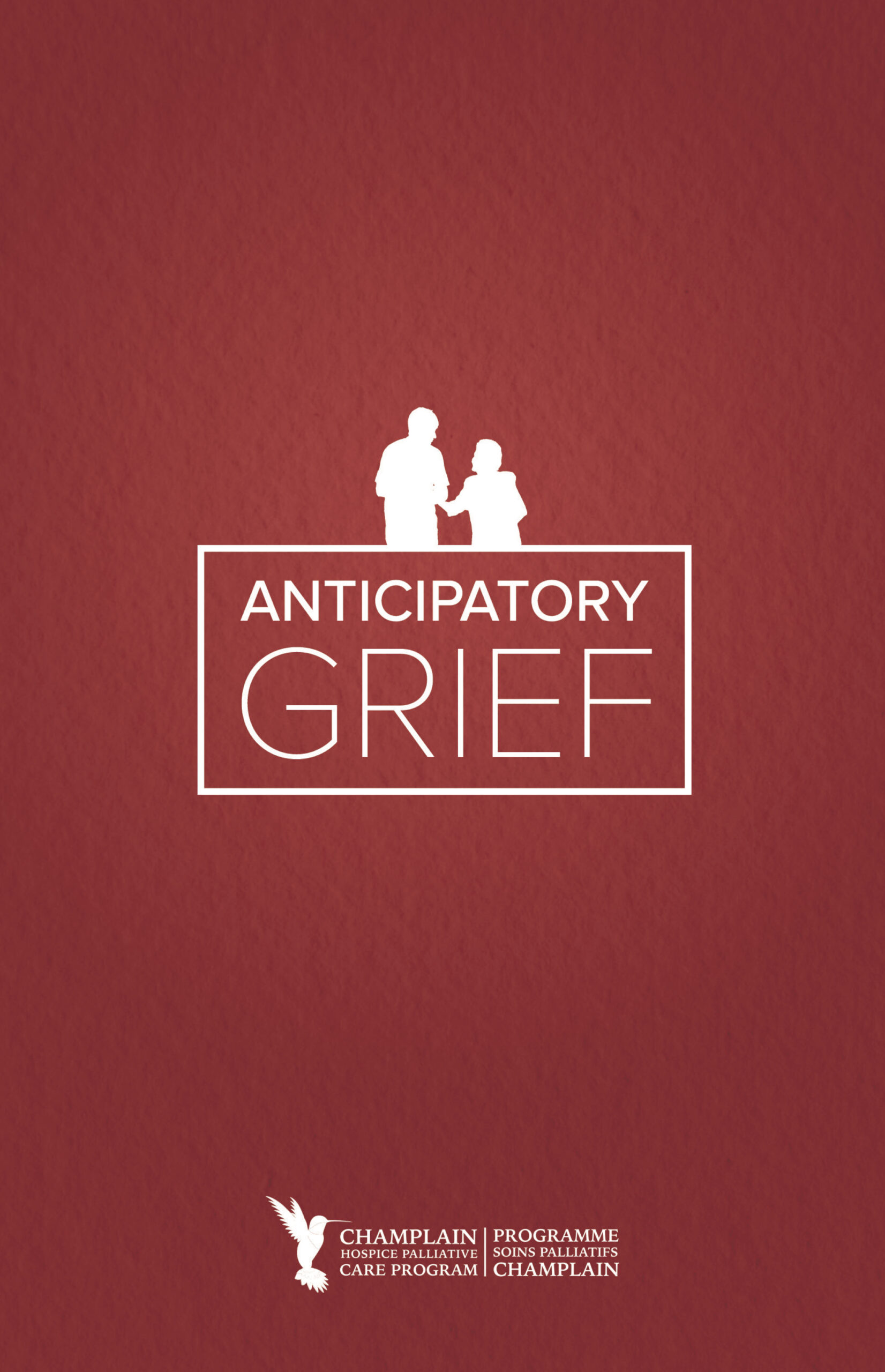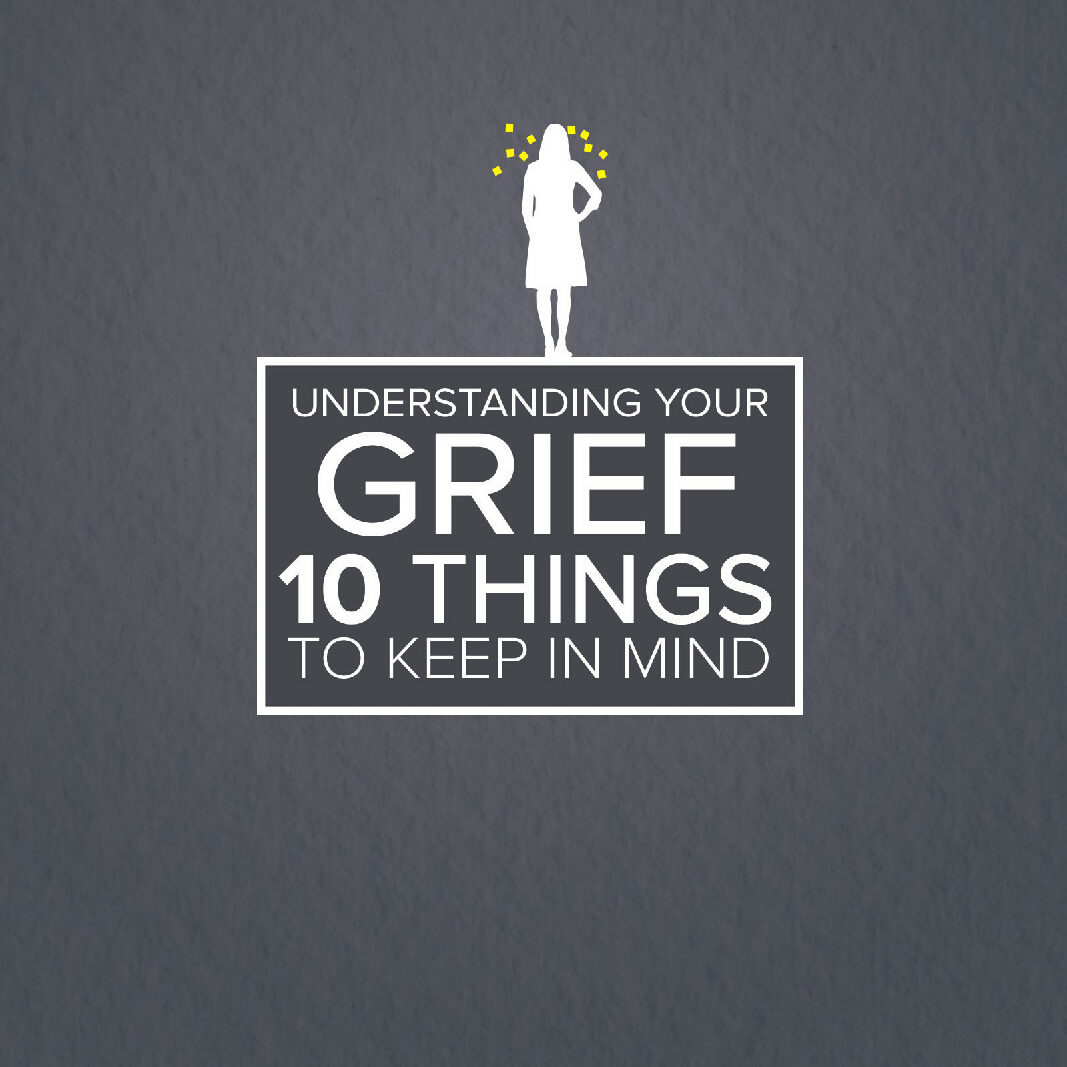
What is anticipatory grief?
Anticipatory grief is what people experience when they are anticipating the loss of their own life or that of a family member or friend. This anticipation is fueled by the losses that occur as the life-limiting illness progresses.
The person who is ill experiences a progressive loss of energy, mobility, mental functioning, and independence, as well as a loss of dreams, expectations, and plans. These bring about a change in identity as those who are ill lose some of their sense of self.
1. Acknowledging Losses
These losses bring about changes in intimate and social relationships. Caregivers experience a loss of the relationship they once had with the person who is ill and friends may increasingly stay away to try to reduce their own discomfort with illness and death.
As outside caregivers are brought in to help, families also lose a sense of privacy in their own home.

This May Help...

2. Good days and bad days
The condition of someone with a life-limiting illness will fluctuate from day to day. There will be good days when they have extra energy and can do more. On those days, they seem like their old selves and the degree of loss seems smaller.
There will be other days when the person who is ill has reduced energy and can do less. On those days, caregiving is amplified and the degree of loss seems much larger.
This ambiguity makes it hard to grasp how much has been lost overall, and it becomes difficult to comprehend how much grief to acknowledge.
This May Help...
3. Social support
When you are anticipating the death of someone, you may feel that the type of losses you are experiencing are not acknowledged or recognized by those close to you, and that the depth of your grief is not understood.
Our society recognizes death as a loss and will offer appropriate support when death occurs. However, some may seem insensitive to the losses that happen prior to death. Anticipatory grief can at times feel like a solitary journey.
When someone has a life-limiting illness, it is often the case that one family member steps forward as the primary caregiver and then others tend to back off. This can lead to resentment.

This May Help...

4. Relationship Dynamics & Grief
Patients and caregivers are often in different emotional states at different times, increasing the stress for everyone. Based on these and many other factors, each person will react to the illness differently.
Some will minimize the losses, wanting others to be eternally positive and to keep high levels of hope. They will not want to hear about loss and grief, as they are certain their family member or friend is going to recover and death is not an option.
Some will maximize the losses and may be angry when the person who is ill keeps trying to do things they can no longer do. They may be impatient with others who push treatment options that have little chance of success, and they may irritate others who perceive that they are “giving up” on the person who is ill.


